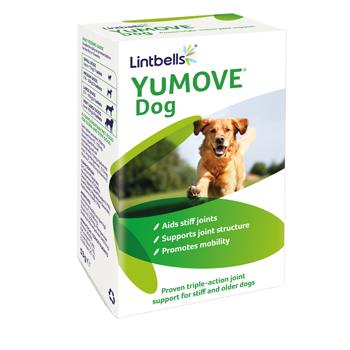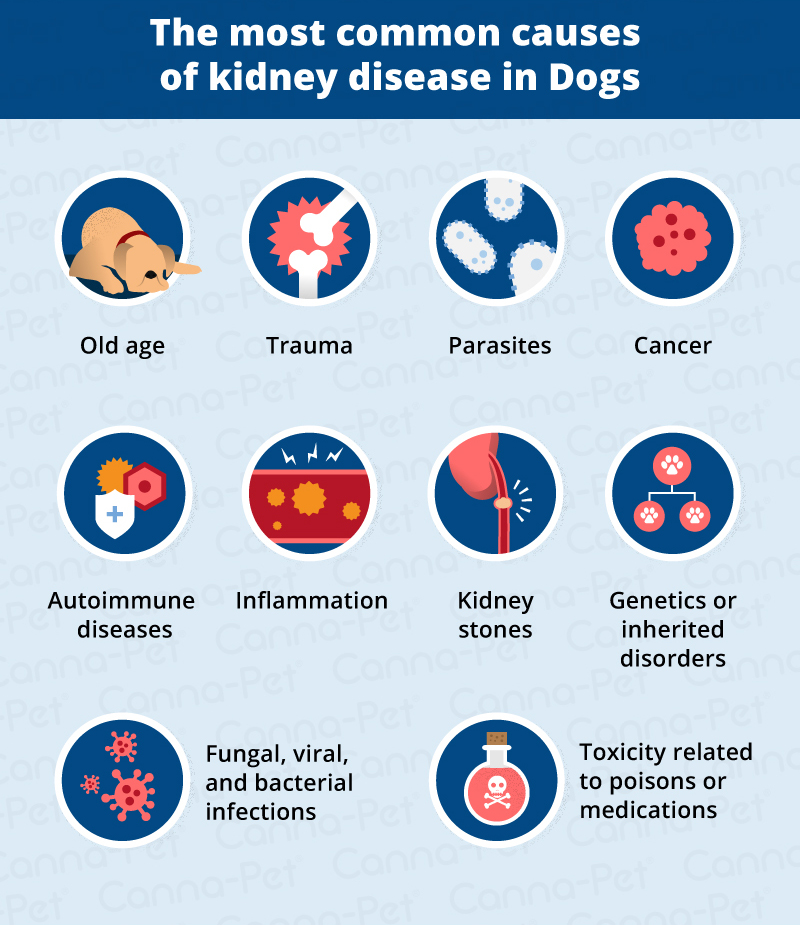Top Reasons For Picking Collagen For Dogs
Wiki Article
Omega-3 Fatty Acids For Dogs And Cats - How Can They Help Joint Health?
Omega-3 fatty oils, especially EPA and DHA are essential to play a role in improving joint health of dogs and cats. This is why they're beneficial:
Anti-inflammatory properties
Reduce inflammation:
Function Omega-3 fatty acids are known for their strong anti-inflammatory properties. They block the production of pro-inflammatory chemicals, eicosanoids and cytokines. These are substances that contribute to inflammation.
Omega-3s are able to reduce inflammation and ease swelling in the joints. This is helpful for conditions such arthritis. It can improve the quality of life for pets, by making them more mobile.
Joint Lubrication and Health
Improvement of joint Lubrication
Function: Omega-3 fatty acids help keep the health of the synovial fluid, which helps to lubricate the joints.
Benefits: Better friction results in more smooth joints, less friction and less wear and tear on cartilage. This is particularly beneficial for pets who have joint problems or are at risk of developing one.
Cartilage Protection and Repair
Cartilage Protection:
Function: Omega-3s lower the activity of enzymes that breakdown cartilage.
Benefits: Preventing cartilage degrading helps to maintain joint strength and slows the progression of joint-related diseases such as osteoarthritis.
Immune System Support
Immune System Regulation:
The function of Omega-3 acids is to control immune responses, creating an equilibrium in inflammation.
Benefits: An immune system that's properly controlled can help to better manage joint pain. This will prevent excessive joint pain and joint injuries.
Increased Mobility and Comfort
Improved Mobility
Omega-3s have a number of benefits. They reduce inflammation, and also help maintain joint structure. This helps pets move more freely.
Benefits: Pets who are older or those with arthritis often have improved mobility, resulting in a more active and comfortable life.
Additional Health Benefits
Overall Health:
Function: Omega-3 fatty acids also help with skin, cardiovascular, and coat health, which can improve the overall health of pet.
Benefits: A pet with good bone and joint health is more likely to be active.
Utilization and Recommendations
Dosage and Administration: The proper dose of Omega-3s will depend on the size, weight, and specific health issues. The veterinarian's recommendation or product label directions are crucial.
Omega-3 sources Supplements with fish oil that are of good quality are an excellent source of EPA, DHA and other omega-3s. Selecting products that are specifically designed for pets is essential for ensuring the safety and effectiveness of your pet.
Effects on the body: Omega-3 supplements are generally safe, however, some pets might experience gastrointestinal issues or fishy breath. It is best to start with a smaller dose and then gradually increase the dosage. This can help to reduce any side consequences.
Conclusion
Omega-3 fatty acid is beneficial to joint health for pets and canines. Their anti-inflammatory qualities, ability improve joint fluidity, protect cartilage and strengthen the immune system contributes to better joint functions and reduced pain. Regular supplements will increase mobility of pets and promote an active and healthy lifestyle. Have a look at the top probiotics for dogs tips for website recommendations including pet eleuthero supplements, petz park, pet supplements for pets with fear of being alone, pet cognitive supplements, pet supplements for pets with separation anxiety, pet bladder supplements, pet supplements for pets with fear of confinement, pet supplements for pets with brittle nails and more.

Astragalus Can Be Used To Treat Kidney Failure In Cats And Dogs.
Astragalus is a plant that is used in traditional Chinese medicine, has shown potential benefits for managing kidney problems in dogs as well as cats, due to its antioxidant, anti-inflammatory and immunomodulatory properties. Here's how Astragalus may help:
Anti-inflammatory Properties
Reduce inflammation:
Astragalus is one of the plants that is rich in flavonoids and saponins. These compounds have anti-inflammatory properties.
Benefits Reducing inflammation can help lessen kidney damage, reduce symptoms, and improve kidney function overall.
Antioxidant Effects
Reduction of Oxidative stress:
Astragalus is rich in antioxidants that neutralize free radicals that cause cell damage.
Astragalus benefits include: By reducing stress oxidative, it helps protect the kidney cells from injury. This improves kidney health and reduces the progression of diseases.
Immunomodulation
Immune System Support:
Astragalus improves immunity, thereby enhancing its capacity to fight off infections and reducing autoimmunity.
Benefits A balanced immune response can reduce autoimmune reactions and prevent infections that may lead to kidney disease in some pets.
The improvement of kidney function
Enhancement Glomerular Filtration :
Function: A few studies indicate that Astragalus can improve kidney function by enhancing the rate of glomerular filtering, which is the rate at which kidneys filter blood.
Benefits: A more efficient filtration process can help kidneys to remove waste more effectively, and reduce the symptoms of kidney disease. Additionally, it can improve overall health.
Anti-fibrotic Treatment
Preventing Kidney Fever:
The function: Astragalus has been shown to possess anti-fibrotic qualities, preventing the formation of scar tissue in the kidneys.
Benefits: Fibrosis reduction helps keep the kidneys functioning, which is crucial for the preservation of kidney function in animals who suffer from chronic kidney disease.
Cardiovascular Support
Help for Cardiovascular Health
Astragalus has a beneficial effect on cardiovascular health. It does this because it assists in maintaining blood pressure and heart functions.
Benefits: A healthier cardiovascular health can reduce the strain on kidneys, and enhance overall well-being. This is important when your pet suffers from kidney failure.
The effects of diuretics
Urine flow:
Astragalus is a mild diuretic that can boost urine production and assist in helping excrete waste products.
Benefits: Improved urine flow aids in maintaining kidney health through reducing toxins, balancing fluids and regulating fluids.
Use and considerations
Dosage and administration: correct dosage of Astragalus is determined by the size, weight and specific health requirements of your pet. You should always follow the advice of your vet, because they can provide advice on the correct dosage and dosage for Astragalus.
Quality and source: Choose high-quality, standardized Astragalus supplements to guarantee safety and efficacy. Specially designed products for pets are preferable.
Astragalus generally is safe for pets, but some may be afflicted with stomach upset. If you start with a small dose and gradually increasing the dosage, you can minimize side effects. Veterinarians should regularly monitor pets to determine if they're reacting to the supplements. This will allow them to alter dosages as needed.
Take a look at the following for more information.
Astragalus can be beneficial in managing kidney failure among both cats and dogs. Its antioxidant and immunomodulatory, anti-fibrotic and anti-inflammatory properties aid in maintaining the overall health of kidneys and function. Astragalus taken under the guidance of a veterinarian may reduce the severity of kidney disease and enhance the health of pets suffering from kidney failure. See the top rated natural dog probiotics for site advice including pet kidney supplements, pet bone broth supplements, pet supplements for pets with fear of crates and pens, pet ginkgo biloba supplements, pet supplements for pets with fear of loss, pet supplements for pets with ringworm, pet dandelion supplements, natural dog supplements and more.

Probiotics For Cat And Dog Yeast Issues?
Probiotics can help promote an optimum microbial balance on the skin as well as in the digestive tract. This helps treat yeast infections in dogs and cat. Probiotics are a great way to treat yeast infections.
Balance of microbial activity
Balancing Gut Flora:
Function: Probiotics assist in keep a healthy balance within the digestive tract.
Benefits: A balanced microbiome in the gut supports the overall immune system and can help to prevent the growth of yeast (such as Candida) that can result in infections. This indirectly helps to manage the yeast infection throughout the body.
Competition with Pathogens
Competition with harmful microorganisms
Function: Probiotics have the ability to fight off pathogenic bacteria, such as yeast, in the gut or on the skin for resources and space.
Benefits By outnumbering, out-competing pathogens like yeast and bacteria, while reducing their ability to infect and maintain a microbial community that is healthier.
Modulation Of Immune Response
Immune System Enhancement:
Function: They aid in the immune system's functions through stimulating the creation of immune-regulating substances.
Benefits: A stronger immune system can help the body fight yeast infections and lessen their frequency.
Antimicrobial Substances to Support Production
Antimicrobial Factors - Production
Function Specific strains of bacteria (such as Bacteriocins) have antimicrobial properties that can be used to fight yeast and other pathogens.
Benefits Antimicrobials are able to directly inhibit yeast growth and contribute to the treatment and management of yeast infections.
The reduction of inflammation
Anti-inflammatory Effects:
Function Probiotics have anti-inflammatory properties. probiotics could help in reducing the inflammation that is associated with yeast infection.
Benefits: Probiotics can reduce inflammation and relieve symptoms like redness, itchiness and discomfort result of yeast infection.
Help for Skin Health
Maintaining Skin Barrier Function:
Function: Probiotics maintain the integrity and health of the skin barrier.
Benefits A healthy skin barrier is less vulnerable to yeast infections because it prevents yeast and other pathogens from entering and causing infection.
Usage and Considerations
Probiotics are of different types: Select probiotic supplements that contain strains known to benefit the skin and fight yeast infections, such as Lactobacillus and Bifidobacterium species.
Probiotics are available in various forms, including capsules, powders, and chews. Topical probiotic formulations can be helpful for localized skin issues.
Duration: It is required to take probiotics over long periods of time in order to maintain microbial equilibrium and to prevent the recurrence of yeast infections.
Consultation with a Veterinarian Talk to your vet prior to starting probiotics for your pet. They will be able to advise you on the best probiotic strains to use and also the dosage and duration, dependent on your pet's medical needs.
We also have a conclusion.
Probiotics can be an effective adjunct therapy for managing yeast illnesses in cats and dogs. Through promoting a healthy microbial balance, improving immune function, and reducing inflammation, probiotics can help improve overall skin health and decrease the frequency and severity of yeast infections. Probiotics, when employed in conjunction with a comprehensive treatment program, will improve the overall health and well-being of pets who suffer from yeast conditions. Take a look at the top rated yeast infections in dogs examples for blog advice including herbal pet supplements, pet supplements for pets with elbow dysplasia, pet supplements for pets with fear of being alone, yeast infections in dogs, pet casein protein supplements, herbal medicines for dogs and cats, pet supplements for pets with muscle spasms, pet coat supplements and more.
